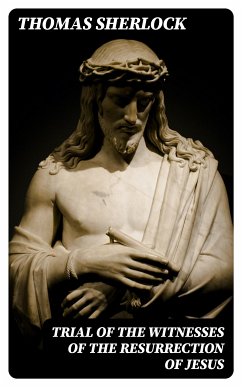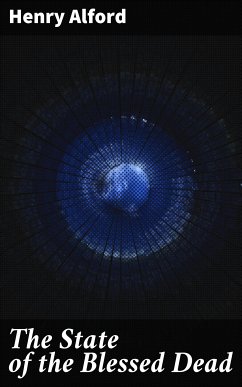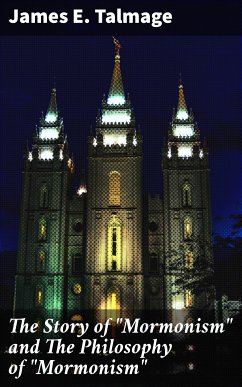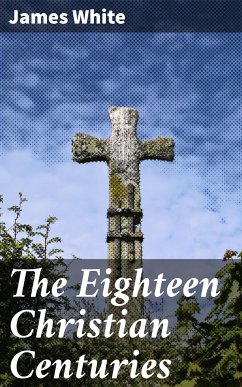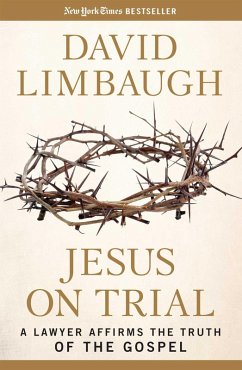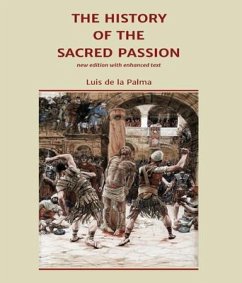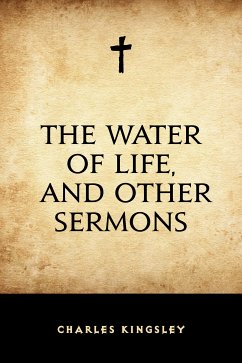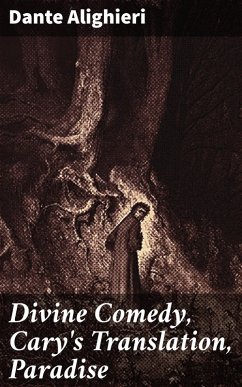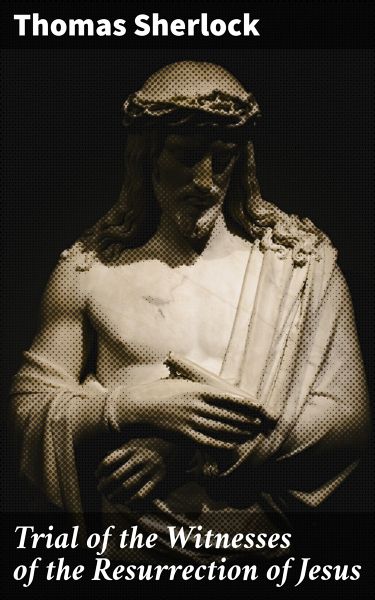
Trial of the Witnesses of the Resurrection of Jesus (eBook, ePUB)
Examining the Historical Evidence for the Resurrection of Jesus
Versandkostenfrei!
Sofort per Download lieferbar
1,99 €
inkl. MwSt.
Weitere Ausgaben:

PAYBACK Punkte
0 °P sammeln!
In "Trial of the Witnesses of the Resurrection of Jesus," Thomas Sherlock presents a meticulous examination of the evidence surrounding the resurrection of Jesus Christ, framed within the context of an early 18th-century theological debate. Sherlock adopts a methodical approach, employing a style characterized by clarity and rational inquiry. His analysis is not only a theological discourse but also a critical engagement with contemporary skepticism, reflecting Enlightenment thinking while addressing longstanding questions about the veracity of biblical miracles. The work interrogates the reli...
In "Trial of the Witnesses of the Resurrection of Jesus," Thomas Sherlock presents a meticulous examination of the evidence surrounding the resurrection of Jesus Christ, framed within the context of an early 18th-century theological debate. Sherlock adopts a methodical approach, employing a style characterized by clarity and rational inquiry. His analysis is not only a theological discourse but also a critical engagement with contemporary skepticism, reflecting Enlightenment thinking while addressing longstanding questions about the veracity of biblical miracles. The work interrogates the reliability of testimony, offering a comparative study of those who witnessed the resurrection, ultimately arguing for the coherence and credibility of Christian claims. Thomas Sherlock, an esteemed Anglican bishop and theologian, was particularly motivated by the rising tide of rationalism that threatened traditional religious beliefs during his time. His background in philosophy and theology deeply influenced his commitment to defending Christianity against emerging skepticism, as evidenced by his earlier works. By utilizing both scriptural and historical analyses, Sherlock positions himself as a defender of theological orthodoxy, intending to fortify believers' faith in the face of critical scrutiny. This book is highly recommended for readers seeking a robust intellectual defense of Christian beliefs, as well as those interested in the intersection of faith and reason. Sherlock's insightful arguments will resonate with anyone grappling with the complexities of faith, historical evidence, and the enduring significance of the resurrection narrative.
Dieser Download kann aus rechtlichen Gründen nur mit Rechnungsadresse in A, B, BG, CY, CZ, D, DK, EW, E, FIN, F, GR, H, IRL, I, LT, L, LR, M, NL, PL, P, R, S, SLO, SK ausgeliefert werden.




